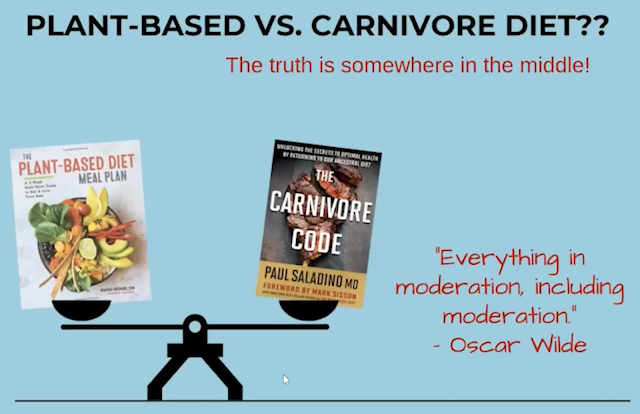Study: Vegetarian Elderly Have Lower COVID-19 Severity Rate
Studies have confirmed that eating habits can help reduce the chance of a COVID-19 infection turning into a severe case. A recent Taiwanese study found that elderly vegetarians have a lower chance of COVID-19 infection turning severe than non-vegetarians.
As the pandemic continues to circulate worldwide, the elderly has always been a high-risk group, with a high rate of confirmed cases and mortality rate.
According to a survey published in the BMC Public Health in 2020, patients over the age of 65 are 62 times more likely to die from COVID-19 than those aged 54 or younger.
According to the data from the U.S. Centers for Disease Control and Prevention (CDC), as of early October, 1.1 million people in America have died from COVID-19, of which about 790,000 are over 65 years old, 75 percent of people that have died are over the age of 65.
However, eating habits may be expected to reduce the severity and mortality of the elderly after the infection with COVID-19.
A study published in Frontiers in Nutrition, an international nutrition journal by Taipei Tzu Chi Hospital, found that elderly vegetarians have a lower severity rate after the infection of COVID-19.
The study analyzed 509 patients who were hospitalized with COVID-19 from May to August last year, of which 136 were aged 65 or older.
The researchers investigated their eating habits during the year before they contracted the virus. The results showed that among the nine vegetarian elderly, four were mild cases, five were moderate cases, and there were no severe cases in patients; among the 127 non-vegetarian elderly, 19 were mild cases, 61 were moderate cases, and 47 were severe cases.
The researchers believe that the reason for a lower severity rate among vegetarians is that vegetarianism can prevent heart and kidney disease and can also strengthen the immune system, thereby reducing complications after infection.
Hou Yi-cheng, a nutritionist from the Department of Nutrition at Taipei Tzu Chi Hospital in Taiwan, who is in charge of the research, also pointed out that a vegetarian diet can reduce the chance of severe COVID-19, which may be due to the impact of the diet on gut microbes, and the gut bacteria is related to the risk and severity of the infectious diseases.
Studies had pointed out earlier that vegetarian food is rich in nutrients, including high concentrations of polyphenols, carotenoids, cellulose, vitamins A, C, and E, folic acid, iron, potassium, magnesium, and so on, which can help intestinal health.
Previously a number of studies have also pointed to a linkage between vegetarianism and severe COVID-19. BMJ Nutrition Prevention and Health published a study that analyzed data from medical staff in the U.S. and five European countries and found that among those diagnosed that followed a plant-based diet, the chance of severity was reduced by 73 percent compared with other patients; while vegetarian and fish-eating patients also had a 59 percent lower risk of severity rate than other patients.
Andrew T Chan of Harvard Medical School and his research team also conducted a large-scale study, surveying about 600,000 people, and found that vegetarians are less likely to be diagnosed with COVID-19 and experience severe symptoms, and this was especially true for those living in poor areas.
Diet and COVID-19
As of October 2022, there are 18 published studies on diet and COVID-19.- The Perez-Araluce study refers to a Mediterranean diet.
- The Vietnamese Nguyen study refers to a 'healthy diet' that is defined by a higher intake frequency of fruits and vegetables, whole grains, dairy and fish.
- The Iranian Moludi study refers to a 'high inflammatory' diet as a risk factor to a more severe COVID-19.
- The Merino study of more than 500,000 participants in UK and USA showed lower risk or COVID-19 cases and severity for higher healthful plant-based diet scores.
- The Kim study in 6 countries also showed plant-based diets were associated with lower odds of moderate-to-severe COVID-19.
- https://www.theepochtimes.com/health/study-vegetarian-elderly-have-lower-covid-19-severity-rate_4813600.html
- https://c19early.com/dt







.png)


Comments
Post a Comment